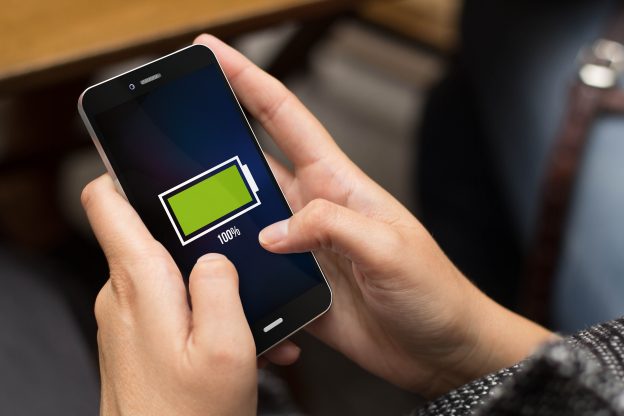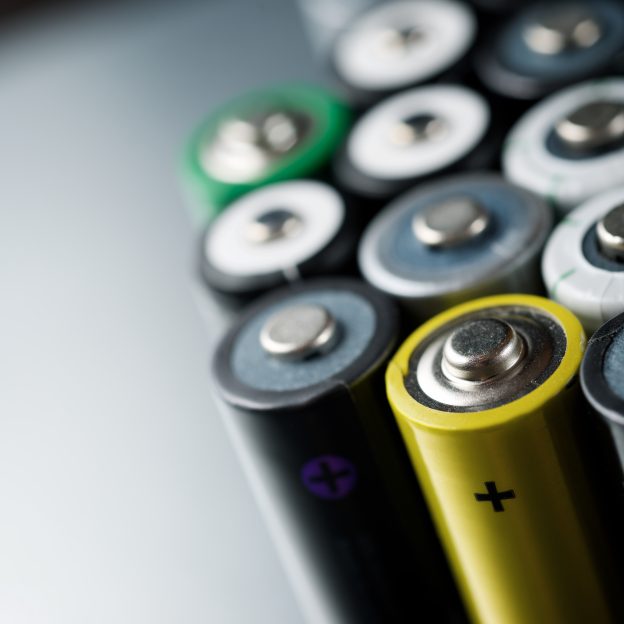Kyocera Corporation announced that it will begin full-scale production at its new Yasu solar cell manufacturing facility in Yasu City, Shiga Prefecture, Japan. The new plant, which was completed in March of this year and has already finished production line testing, is the largest of the company’s domestic manufacturing facilities, and will be producing the company’s highly-efficient multicrystalline silicon solar cells.
The new Yasu Plant employs an enhanced manufacturing line, and will produce solar cells with 16.9% energy conversion efficiency — one of the world’s highest for mass-produced multicrystalline cells. In tandem with the company’s existing Shiga Yohkaichi Plant (Japan), the new plant will contribute to meeting Kyocera’s annual production target of 1GW of solar cells by March 2013.
In recent years, the solar energy market has been steadily expanding, and global demand is increasing. In Japan, the residential-use solar market has been expanding due to the reintroduction last year of government subsidies and a doubling in the purchase price for surplus solar-generated power. In the U.S., governmental subsidies and Renewable Portfolio Standard (RPS) programs* are spurring demand, and future growth of the market is expected. In Europe, despite a decrease in feed-in-tariff rates in Germany in July, the German market is still experiencing high-growth. In addition, countries like France and Italy are emerging and are expected to help drive global demand.
In order to meet expanding global demand, Kyocera is ramping up its annual production to 600MW this fiscal year — an increase of 50 percent over the previous fiscal year. Furthermore, by concentrating on product quality, the company is working to decrease the cost of solar energy by improving cell conversion efficiency and enhancing the company’s own productivity.
In 1982, Kyocera launched the world's first mass-produced multicrystalline silicon solar cells using the casting method. Since then, Kyocera has been enhancing conversion efficiency by improving its technology. Today, multicrystalline silicon solar cells are the mainstream type of cells used worldwide, due to the balance of superior characteristics such as production cost and energy conversion efficiency. Kyocera modules have been employed in diverse installations ranging from large-scale power plants, public and industrial facilities to residential homes all over the world.
With the expansion of the solar energy market, Kyocera hopes to contribute to the prevention of global warming through the further development of its solar business.







